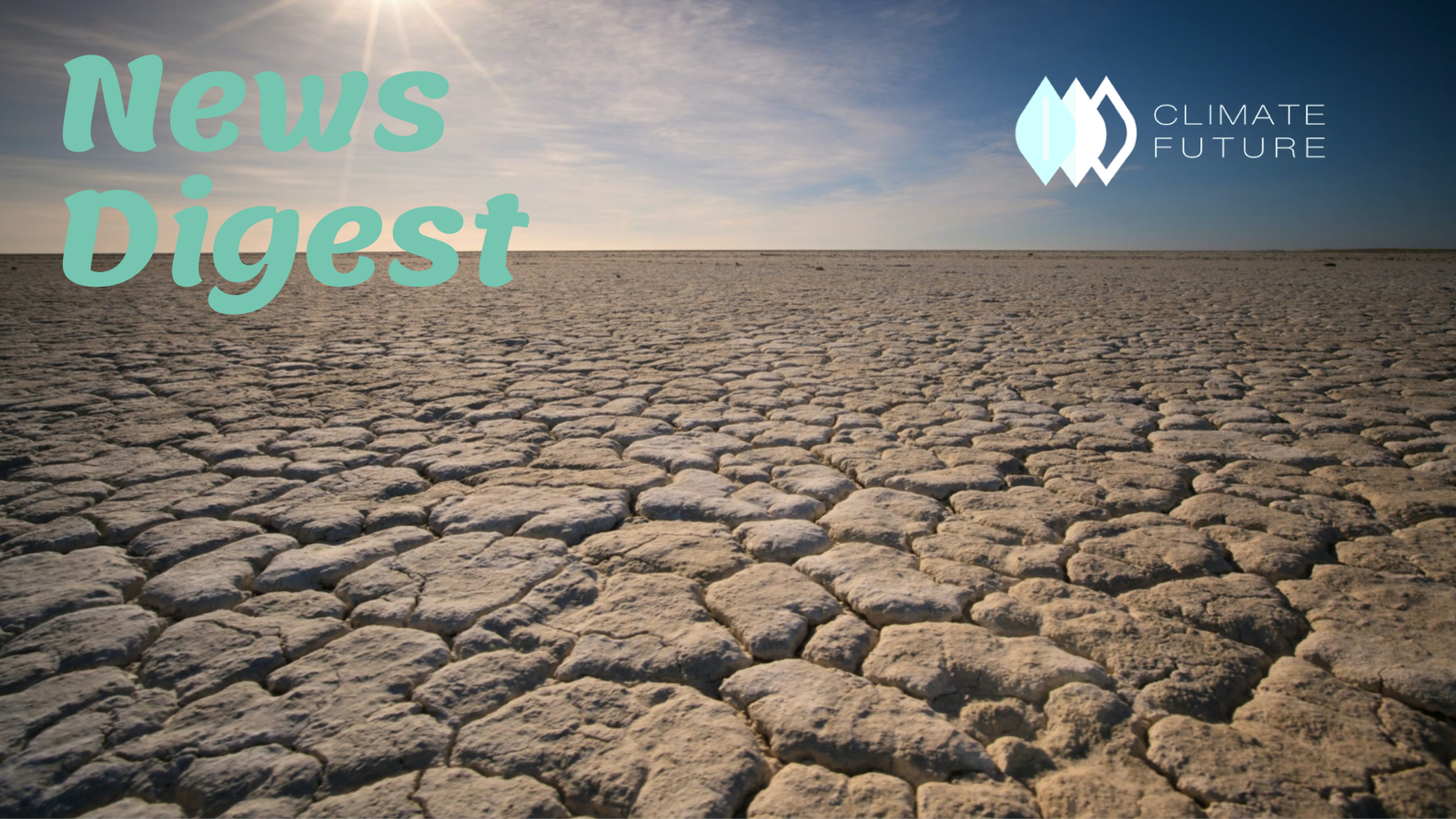Barbados: New UN disaster preparedness hub built on ‘frontlines of climate change’
The facility is a partnership between the Barbadian Government, the UN agency and the Caribbean Disaster Emergency Management Agency (CDEMA) and will be situated at the international airport of the capital city, Bridgetown. Once operated, the hub will support sea and air operations and work as a response and prepositioning center and that will also be a shipment point for relief items. Caribbean countries are mostly exposed to natural hazards such as storms, hurricanes, floods, volcanic eruptions and droughts. The World Food Program (WFP) reported that in the last seven decades, 511 disasters around the world have affected Small Island Developing States. Over half of the disasters, 324, occurred in the Caribbean where the economy suffered six times more than larger countries. The development of the hub was funded partially by the United States, the European Union and Canada.
Heat, drought and wildfires during one of the warmest July on record– WMO
The World Meteorological Organization (WMO) said that temperatures were close 0.4℃ above between 1991-2020 and the average affected majority of Europe, especially southwestern and western Europe, is the most above-average regions since an intense heat wave around mid-July. When England hits 40℃ readings for the very first time, Ireland, western France and Portugal broke the high record. National all-time records for daily maximum temperatures were broken in Scotland and Wales as well. Spain also experienced July as the hottest month on record, with an average national temperature of 25.6°C. From 8 to 26 July, the heatwave was the longest lasting and most intense on record. The UN weather agency confirmed that Europe encountered its sixth warmest July with the data from the European Commission’s Copernicus Climate Change Service. At the same time, much of central Asia to most of Australia and from the Horn of Africa to southern India saw below-average temperatures. The lowest Antarctic Sea ice was on record with a full seven per cent below average in July. According to satellite records, Arctic Sea ice was four per cent below average, making 12thlowest for July.
Belarus: Rights experts denounce withdrawal from key environmental agreement
The Aarhus Convention adopted in 1998 requires that individuals exercising the rights are not penalized, harassed or persecuted for doing so. Belarus’s President signed a decree on 18 July to end the country’s participation. Regarding this move, the UN experts noted that the Convention had a remarkable success in strengthening access rights, environmental democracy and sustainable development. Belarus is a leading example among international institutions on implementing human rights obligations regarding environmental protection, especially the rights to justice, information and public participation. The Compliance Committee served as a non-judicial, non-confrontational and consultative mechanism and its findings have highly furthered implementation of the Convention. The UN experts stated that when countries are dissatisfied with the outcome of a case decided by the Committee, they should not withdraw from the Convention. They should try to strengthen their commitment to sustainable development, human rights and environmental democracy instead.
‘Catastrophic’ drought displaces one million in Somalia, world asked to ‘step up’ support
More than 755,000 people have been internally displaced in Somalia due to the severe dry spell this year. It became one million since January when the drought began according to the Norwegian Refugee Council (NRC) and the UNHCR. Somalia is going through a historic dry spell for two years that they have not seen in the past 40 years. Based on 2019 data of the University of Notre Dame’s Global Adaptation Initiative ranking, Somalia ranked the second highest globally. The UNHCR official said that the Somalia situation was one of the most underfunded even before this latest crisis. In June, UNHCR announced that it needs $9.5 million for Somalia. It is a part of its regional appeal for the Horn of Africa to help displaced communities affected by the catastrophic drought.



